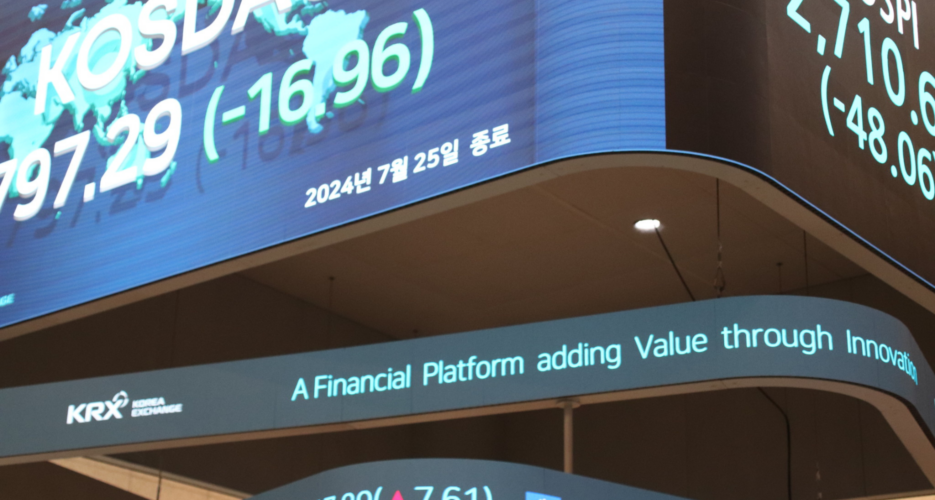Seoul expects stability, but corporate debt, external headwinds and additional stimulus may derail fiscal plans
South Korea’s finance ministry (MOEF) published the 2025 National Budget Overview on Monday, detailing the government’s total budget of $467.4 billion (673.3 trillion won), a 2.5% increase from 2024. The budget prioritizes economic revitalization, welfare expansion and national security, while maintaining fiscal discipline. The document highlights targeted investments in semiconductors, artificial intelligence and renewable energy, along with significant allocations to social welfare programs and national defense. The ministry expects total tax revenue to reach $265.5 billion (382.4 trillion won), a 4.1% increase from 2024.
A major focus of the budget strategy is on financial stability and long-term economic resilience, while responding to structural challenges, such as an aging population, declining productivity and global economic uncertainty. MOEF projects a national debt of $884.03 billion (1,273.3 trillion won), with a debt-to-GDP ratio of 48.1%, a moderate increase from the previous year. The fiscal deficit is estimated at $51.3 billion (73.9 trillion won), down 17.8 trillion won from 2024, reflecting efforts to control spending. However, the government acknowledges risks such as rising debt servicing costs, inflationary pressures and geopolitical uncertainties, which could impact South Korea’s economic outlook.
South Korea’s finance ministry (MOEF) published the 2025 National Budget Overview on Monday, detailing the government’s total budget of $467.4 billion (673.3 trillion won), a 2.5% increase from 2024. The budget prioritizes economic revitalization, welfare expansion and national security, while maintaining fiscal discipline. The document highlights targeted investments in semiconductors, artificial intelligence and renewable energy, along with significant allocations to social welfare programs and national defense. The ministry expects total tax revenue to reach $265.5 billion (382.4 trillion won), a 4.1% increase from 2024.
A major focus of the budget strategy is on financial stability and long-term economic resilience, while responding to structural challenges, such as an aging population, declining productivity and global economic uncertainty. MOEF projects a national debt of $884.03 billion (1,273.3 trillion won), with a debt-to-GDP ratio of 48.1%, a moderate increase from the previous year. The fiscal deficit is estimated at $51.3 billion (73.9 trillion won), down 17.8 trillion won from 2024, reflecting efforts to control spending. However, the government acknowledges risks such as rising debt servicing costs, inflationary pressures and geopolitical uncertainties, which could impact South Korea’s economic outlook.
Get your
KoreaPro
subscription today!
Unlock article access by becoming a KOREA PRO member today!
Unlock your access
to all our features.
Standard Annual plan includes:
-
Receive full archive access, full suite of newsletter products
-
Month in Review via email and the KOREA PRO website
-
Exclusive invites and priority access to member events
-
One year of access to NK News and NK News podcast
There are three plans available:
Lite, Standard and
Premium.
Explore which would be
the best one for you.
Explore membership options












